Animal feed refers to food specifically formulated and produced for consumption by animals. It is an essential component of modern intensive livestock farming, providing animals with the nutrients they need for growth, reproduction, and overall health. Food testing lab like Idhayam Parikshan Labs play a vital role in ensuring the quality, safety, and nutritional value of animal feed.Animal feed analysis in a food testing lab like Idhayam Parikshan Labs Limited involves a comprehensive approach that encompasses nutritional, contaminant, microbiological, physical, and specialized testing. Ensuring the quality and safety of animal feed is essential for the health and well-being of both animals and humans in the food chain. In Idhayam Parikshan Labs Limited, animal feed analysis is conducted to ensure the quality and safety of the feed given to animals. This is important for various reasons, including animal health, productivity, and food safety. By conducting comprehensive tests for contaminants, nutritional content, additives, and other factors, labs like Idhayam Parikshan Labs Limited contribute significantly to maintaining the integrity of the animal feed industry. This ensures that the animals consuming the feed are healthy and, in turn, the food products derived from these animals, such as meat, milk, and eggs, are safe for human consumption. Animal Feed

Protein Content:
Analyzing the protein content helps in assessing the feed’s quality and its suitability for specific animals.
Fat Content:
Determining fat content is crucial for certain animals, especially those raised for meat production.
Carbohydrate Content:
Analyzing carbohydrates is essential for understanding the energy value of the feed.
Vitamins and Minerals:
Testing for the presence and quantity of essential vitamins and minerals ensures the feed meets animals’ nutritional requirements.
Mycotoxins:
These are toxic compounds produced by molds and fungi. Common mycotoxins include aflatoxins, which can contaminate animal feed and harm both animals and humans if they enter the food chain.
Heavy Metals:
Feed can be contaminated with heavy metals like lead,Arsenic, mercury, and cadmium, which are harmful to animals and humans.
Pesticides and Herbicides:
Testing for the presence of agricultural chemicals used on crops that are part of animal feed.
Bacteria:
Presence of harmful bacteria such as Salmonella and E. coli can cause diseases in animals. Testing for these bacteria is crucial for ensuring animal health.
Yeast and Mold:
High levels of Yeast and Mold can affect the quality of the feed and may pose health risks to animals.
Particle Size:
Ensuring the feed has the appropriate particle size for the intended animal species.
Foreign Objects:
Checking for any foreign materials in the feed that could harm animals.
GMO Testing:
If necessary, testing for the presence of genetically modified organisms (GMOs) in the feed.
Allergen Testing:
Ensuring that the feed does not contain allergens that could trigger adverse reactions in sensitive animals.
Shelf Life Testing:
Evaluating the stability and shelf life of the feed to ensure it remains nutritious over time.
Label Verification:
Verifying that the feed product matches the information on its label, including nutritional content and ingredient list.
Record Keeping:
Maintaining detailed records of all tests conducted, results, and quality control measures.
Reporting:
Providing clear and concise reports to feed manufacturers and regulatory authorities summarizing the findings of the tests.




